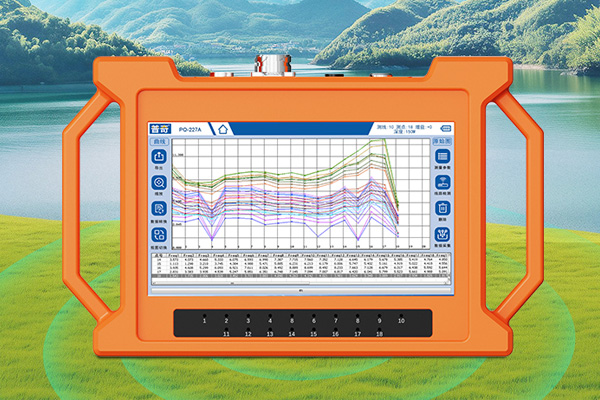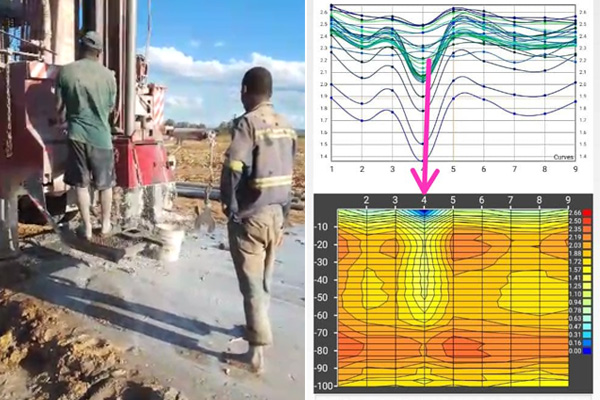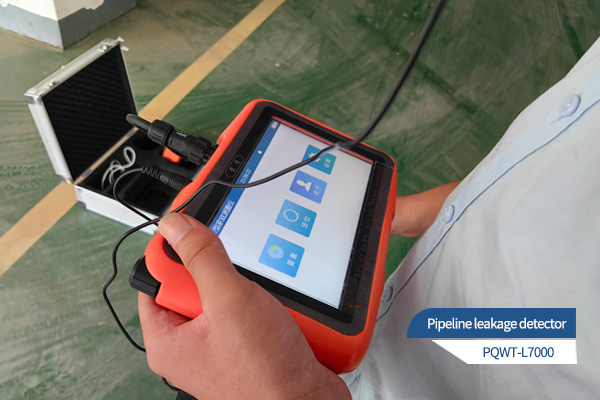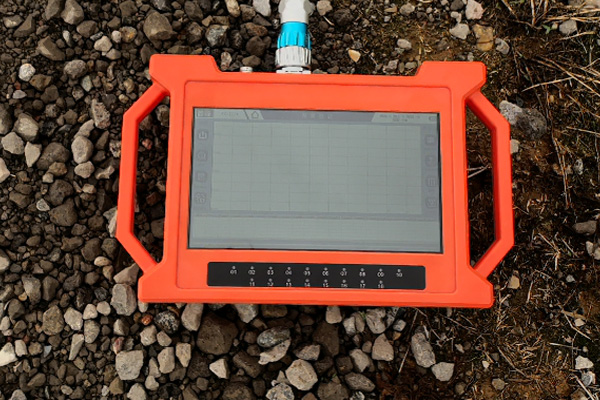In modern households and commercial structures,the health of the plumbing system is directly linked to the comfort,safety,and economy of the occupants.Water leaks not only escalate water bills but can also cause severe damage to building structures and even lead to mold issues that jeopardize health.Therefore,timely detection and repair of leaks are paramount.As an advanced tool,the pipeline leak detector is increasingly becoming an indispensable assistant for every household and property manager.
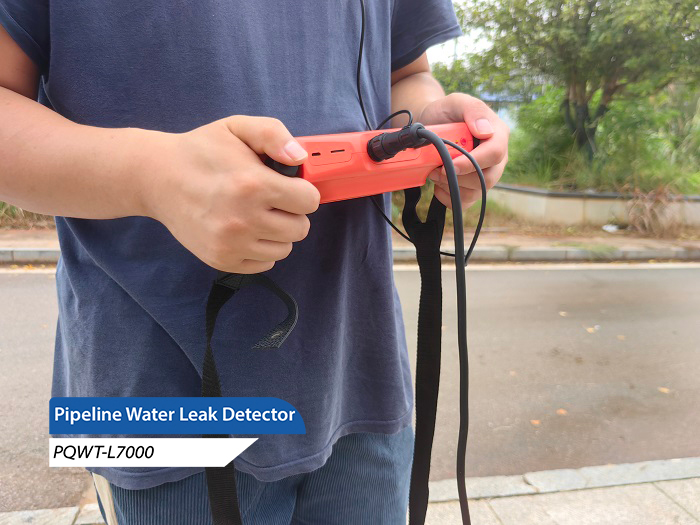
Working Principles of Pipeline Leak Detector
Pipeline leak detectors are primarily categorized into acoustic detectors,temperature and humidity sensors,and pressure change monitoring equipment.They utilize different physical phenomena to detect potential leak points:
·Acoustic Detection:This method uses the specific frequency sounds generated during a leak to locate it.When water escapes from a high-pressure area to a low-pressure area,it produces a unique sound that can be captured by high-sensitivity microphones and analyzed by software to determine the location.
·Temperature and Humidity Sensing:Based on the principle that the presence of water alters the surrounding environment's temperature and humidity,specially designed sensors monitor for abnormal changes.
·Pressure Monitoring:In closed piping systems,any unauthorized loss of liquid causes internal pressure changes.Continuous monitoring of these changes can provide early warnings of potential issues.
Application Scenarios
·Residential Use:In home environments,pipeline leak detectors help homeowners quickly identify minor leaks in hard-to-detect areas such as kitchens,bathrooms,or basements,preventing significant losses from long-term accumulation.Some portable devices even allow users to operate them without professional intervention.
·Commercial Buildings:For large malls,office buildings,or factories,regular use of leak detection services is an effective means of preventing large-scale maintenance costs.Professional leak detection teams are usually equipped with higher-level instruments capable of pinpointing faults in complex and extensive pipe networks.
·Municipal Facilities:Urban water supply networks also face risks of aging and corrosion.Adopting advanced leak detection technologies helps improve water resource utilization,reduce waste,and ensure the safe and stable supply of water for residents.
Purchasing Guide
Choosing the right pipeline leak detector involves considering multiple factors,including but not limited to detection range,accuracy,ease of use,and budget constraints.The market offers entry-level products for DIY enthusiasts and high-end models for professionals.Before purchasing,it is advisable to assess actual needs and select the most suitable option based on specific circumstances.
·Detection Range:Ensure that the selected device can cover all areas you wish to inspect.
·Accuracy Requirements:For certain critical locations,such as areas where important documents are stored or near electronic equipment,higher detection accuracy may be required.
·Ease of Operation:Especially for household products,they should be easy to use,preferably with clear operation guides.
·Price Consideration:Plan your spending based on your financial situation.It is unnecessary to blindly pursue expensive products,but also avoid sacrificing performance for a lower price.
With technological advancements,pipeline leak detectors are becoming increasingly intelligent and efficient,providing people with a more convenient and reliable way to maintain and manage their precious resource–water.Whether it's to save expenses or protect the environment,investing in a quality pipeline leak detector is a wise decision.





